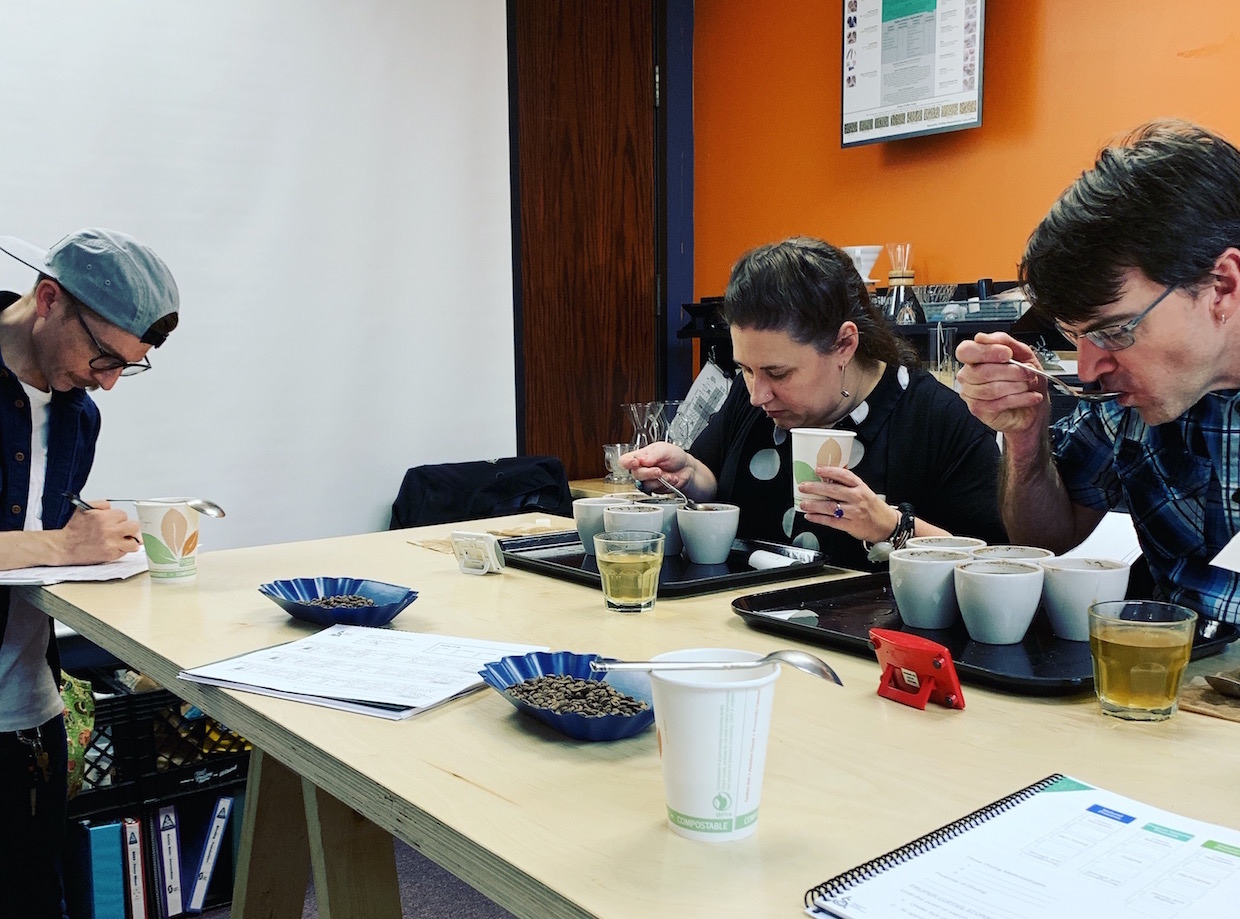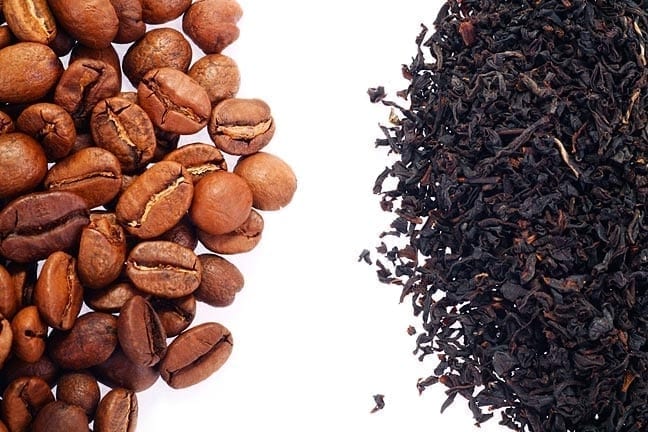If you are currently following a ketogenic diet, also called keto, then you have probably…

BD Barista School Building a Brighter Coffee Community in Michigan
BD Barista School recently became just the second certified Specialty Coffee Association Premier Training Campus in the state of Michigan, yet the foundations of the Ann Arbor-based business extend back decades.
Working as a food consultant in California in the 1980s, Nick Ferris regularly frequented Peet’s Coffee and often noticed the discrepancy related to training among the baristas. Some were seamlessly crafting consistent espresso-based drinks, while others appeared overwhelmed.
Ferris was obsessed with coffee and taught himself the kinds of technical and sensory analysis skills associated with becoming a coffee professional. But he didn’t know what careers were available to professional baristas, outside of working at Peet’s or Starbucks.
“Twenty to 30 years ago, there was little career opportunity in the industry for professional baristas,” Ferris recently told Daily Coffee News. “But fast forward to today, and that’s just not the case anymore.”
Over the past 15 years, as the industry has grown, specialty coffee has brought forth a wealth of new career opportunities. As of 2017, the total value of specialty coffee retail in the United States alone had grown to around $44 billion. By 2013, there were more than 29,000 specialty coffee shops in the U.S., more than 10 times the number from 1993.
After years of consulting and teaching others about specialty coffee through this period of growth, Ferris opened the multiroaster cafe Black Diesel Coffee in 2015 in Ann Arbor. While training baristas at Black Diesel, Ferris remained determined to carry on with outside coffee training and education work, so later that year, BD Barista School was born.
Said Ferris, “I wanted to continue to bring the universal coffee language to Ann Arbor for coffee professionals who may not have had the exposure or opportunity to learn from it.”
Ferris rented a small room in a corporate building and had it outfitted to serve coffee and espresso. He hired coffee aficionado Charlie Kemp to help him with training and education, and the two formalized a 12-week professional barista course that Ferris had constructed years before.
This three-month course covered a wide professional range, from importing to quality assurance and brewing. However, after a year of offering the course, Ferris learned that many cafe owners and baristas didn’t have the time or resources to dedicate a whopping 12 weeks to training. So the BD team went back to the drawing board and broke the course into four different curriculums tailored to businesses and baristas.
The first curriculum involves an introductory training program geared towards restaurant owners looking to offer some basic staff training, with courses covering elemental seed-to-cup education, popular brewing methods, brewing techniques and coffee terminology.
The second curriculum involves SCA Coffee Skills courses aimed at current coffee professionals seeking to gain certifications within the SCA curriculum. BD offers the first “Foundation Level” certifications in Introduction to Coffee, Barista Skills, Brewing, Green Coffee and Sensorial Skills. Ferris and Kemp both became SCA certified in 2016 to teach the Foundation Level courses, and they hope to add Roasting to this curriculum soon.
The third curriculum BD offers is a less intense version of the SCA Coffee Skills course for cafe owners and their staff that focuses solely on skills building. These courses cover the basics of brewing, sensory skills, green coffee analysis, and cafe management, according to standards BD has established in-house.
The last and most advanced curriculum is the “Certified Pro Barista” course, which mimics the original course Ferris created, except shortened from 12 to six weeks.
The coffee school remains intentionally flexible offering prospective students a range of courses, whether students are getting into specialty coffee to pay the bills, working in sustainability, opening a cafe, or competing on the world stage.
“This generation wants to consume specialty coffee,” Ferris said. “The coffee bar represents a space within a community and brings people together, and that’s what BD is trying to accomplish — bringing people together within their community.”
Related Reading
Craig Batory
Craig Batory is a writer, marketer, and coffee professional working and
living in Detroit.












